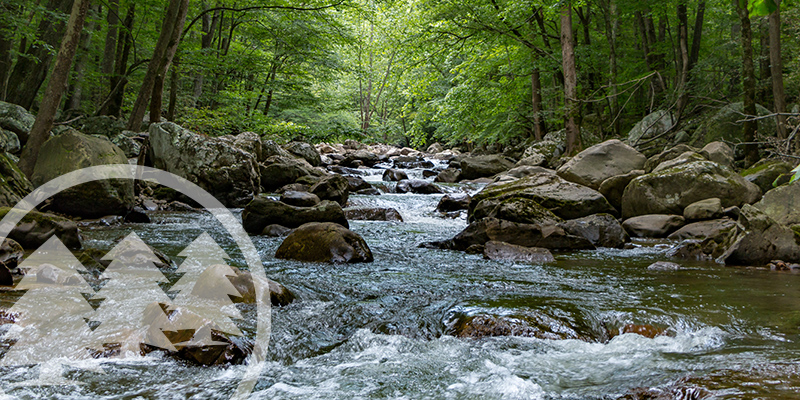A gated community in Watauga County is fighting the state over water rights. The dispute centers on who owns the streambeds of shallow mountain streams running through the Twin Rivers neighborhood. The outcome could set a precedent for the entire state.
WRC Challenges Twin Rivers HOA Over Stream Access
The Twin Rivers Property Owners Association (POA) claims it owns the streambeds in question. These streams include parts of the Watauga River and Boone Fork. The community was developed over 25 years ago with 160 lots, nearly 60 of which have been built.
Conflict began last May when a POA stream patroller confronted young anglers fishing in a shallow two-inch stream. The patroller informed them it was private property. Signs in the area confirmed this. One angler argued that the Public Trust Doctrine allows public access to navigable waters and streambeds.
The POA disagreed, stating the water is not navigable. They explained that, except during flooding, the streams are shallow and often flanked by dry land. According to the POA, their lot deeds show ownership to the midpoint of the stream. The association is also taxed on the streambeds.
They found it contradictory that Watauga County taxes the streambeds as private property, while the Wildlife Resources Commission (WRC) claims they are public. In 2010, the WRC approved the POA’s no-trespassing signs without addressing navigability. Since then, the POA has completed two state-approved stream remediation projects worth over $900,000.
The POA argued that if WRC viewed the streams as public and navigable, it should have noted concerns in past approvals. After speaking with a WRC officer who sided with the anglers, the POA filed a case with the North Carolina Office of Administrative Hearings (NC OAH).
Federal Precedents and Legal Battle Over Water Rights
WRC is defending its position using state court cases that expanded the Public Trust Doctrine. These rulings support public access if modern watercraft can navigate a waterway. The POA says these do not apply here due to the stream’s size and depth.
The POA cited two federal cases — PPL Montana v. Montana and North Carolina v. Alcoa Power — that favor their argument. In both cases, the U.S. Supreme Court determined that streambed ownership depends on navigability at the time of statehood, using historical watercraft standards.
According to the POA, North Carolina’s early boats, like log flatboats or dugouts, could not pass through such shallow waters. They believe this standard proves the streambeds are private. The streams in Twin Rivers are part of the state’s second-smallest watershed.
The POA criticized WRC personnel for lacking knowledge of the federal rulings. During a deposition, a WRC officer admitted he was unaware of the two landmark cases. The judge in the case noted the agency failed to train its officers on the Public Trust Doctrine.
The POA also funds fish stocking, enforces conservation methods, and restricts catch limits to protect fish. They were frustrated when word spread that fishing on the streambeds was permitted, leading to fish depletion.
A judge in the NC OAH issued a restraining order to stop trespassing. WRC appealed this to the Watauga County Superior Court. As a result, the NC OAH case is now on hold.
A Superior Court hearing is set for the week of May 19. The court could deny the appeal, grant it, ask for more documents, or take the case under advisement. If the appeal is denied, the NC OAH case will resume.
The POA intends to keep fighting. They say the case raises a larger question about the boundary between public and private rights. They believe current trends favor public access and want the court to consider longstanding federal precedent.






